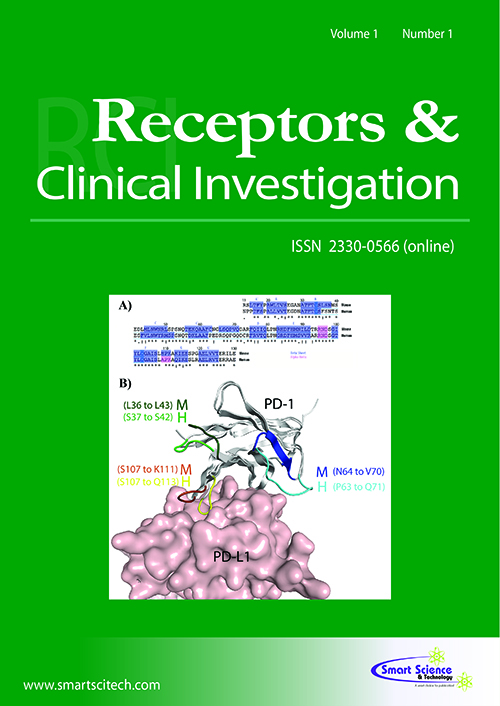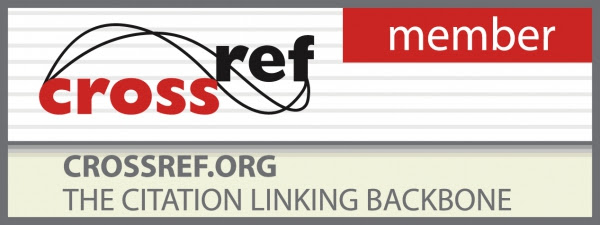Relationship between inflammation and cancer progression: Recent advances in interleukin-6 signaling and its blockage in cancer therapy
Abstract
Interleukin-6 (IL-6) is a well-known pro-inflammatory cytokine with pleiotropic bioactivity and is mainly produced by inflammatory cells. Several diseases are influenced by IL-6; thus, the anti-IL-6 receptor antibody has been used clinically e.g., in the treatment of rheumatoid disease and Castleman disease. Signal transduction through gp130 occurs primarily via the JAK/STAT pathway and secondarily via the PI3K and MAPK pathways. Activation of STAT3 is an important step for the expression of various genes associated with carcinogenesis and cancer progression. Experiments using STAT3 inhibitor and IL-6 shRNA have shown that the activation of STAT3 is necessary for cancer cell proliferation and survival. Several studies have also demonstrated that IL-6 exhibits characteristics associated with both inflammatory cytokines and proangiogenic factors. These studies have demonstrated that IL-6 contributes to angiogenesis as a potent inducer of VEGF, which is one of the most important angiogenic factors. Recently, it has also been reported that cancer–stromal interactions are necessary steps during cancer progression, such as during angiogenesis. These mechanisms of IL-6, which affect cancer cells directly and through cancer–stromal interactions are essential for cancer progression and are of various types. Therefore, increasing attention is being paid to IL-6 signaling as a novel cancer therapeutic approach. This review summarizes the role of IL-6 signaling from the viewpoint of cancer progression and the potency of the anti-IL-6 signaling antibody during cancer therapy.











